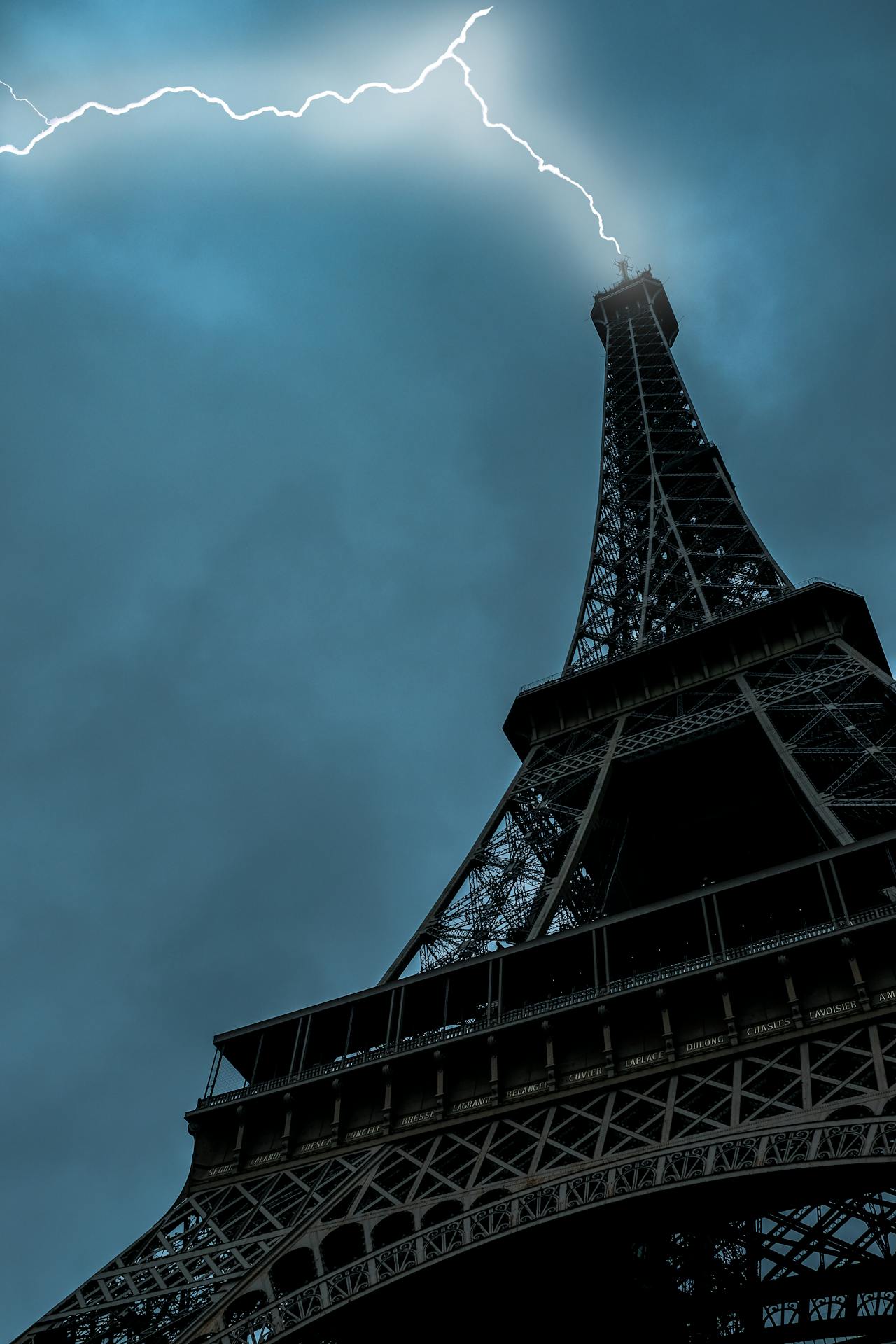Fact-checking is vital in our digital age where everyone has the opportunity to create media for the general public. Not only do we see the media shared from news stations, but we also see “news” updates from just regular people spreading information, whether it’s factual, accurate, or false. Much of this media is shared with us in short-form media, only giving us the creator’s point of view. But to be active and educated media consumers, it’s important to know the ways to fact-check the media we see and hear.
To better illustrate what fact-checking looks like, I’ll be using this topic on the “Eiffel Tower fire” from Reuters. There was a photo showing the Eiffel Tower engulfed in flames shared online on January 15, 2024, and on January 18th Reuters debunked the photo as being digitally altered. Reuters took a handful of easy steps to fact-check this story which any media consumer can also do.
First things first, it’s important to not share online information with your friends and family before verifying its accuracy, or you could be sharing misinformation. As we know from ASU Co/Lab’s media principles, always be skeptical, but use your best judgment for how skeptical you think you should be based on where you’re seeing the information shared (e.g. Facebook vs. CNN) and by whom (e.g. influencer vs. journalist).
Next cross-check official sources, such as in this case, Reuters checked the official Eiffel Tower website and social media accounts. When visiting the official Twitter page as of today, you see that they shared a video of the Eiffel Tower standing in all its beauty on January 31st, 2024, but before that, they hadn’t tweeted since November 2022, just over a year ago. There was no update made on the account between when the fake image was circulating.
Another tool that some might forget about is checking for live video. Reuters checked live stream webcams to view the condition of the monument.
While watching live streams on social media can be helpful, you still want to be skeptical of videos shared online such as this video that was shared on January 21, 2024. With further digging, I found the original digitally altered video shared on YouTube from 2016 showing the Eiffel Tower engulfed in flames. Neither the TikTok nor YouTube videos are posted from credible sources, they are entertainment accounts.
Below are some comments made by users on the TikTok video:


With a simple Google search of “Eiffel Tower fire,” I got a result from The Wrap from July 2016 that showed an image of the Eiffel Tower surrounded by smoke and flames. This site says the French police debunked this rumor saying it was a fire on the ground from a truck driving into a crowd during a holiday celebration. This was further confirmed by Snopes, a website for fact-checking.
This video from 7 years ago has now been recirculated online this month with false claims of a fire destroying the Eiffel Tower. Recirculating an old video to convince people it’s a current news update would be considered misleading content and false context. With a few extra steps of doing your own research including checking websites like Snopes, Reuters, and Verify This makes fact-checking easy for all media consumers.

Leave a Reply